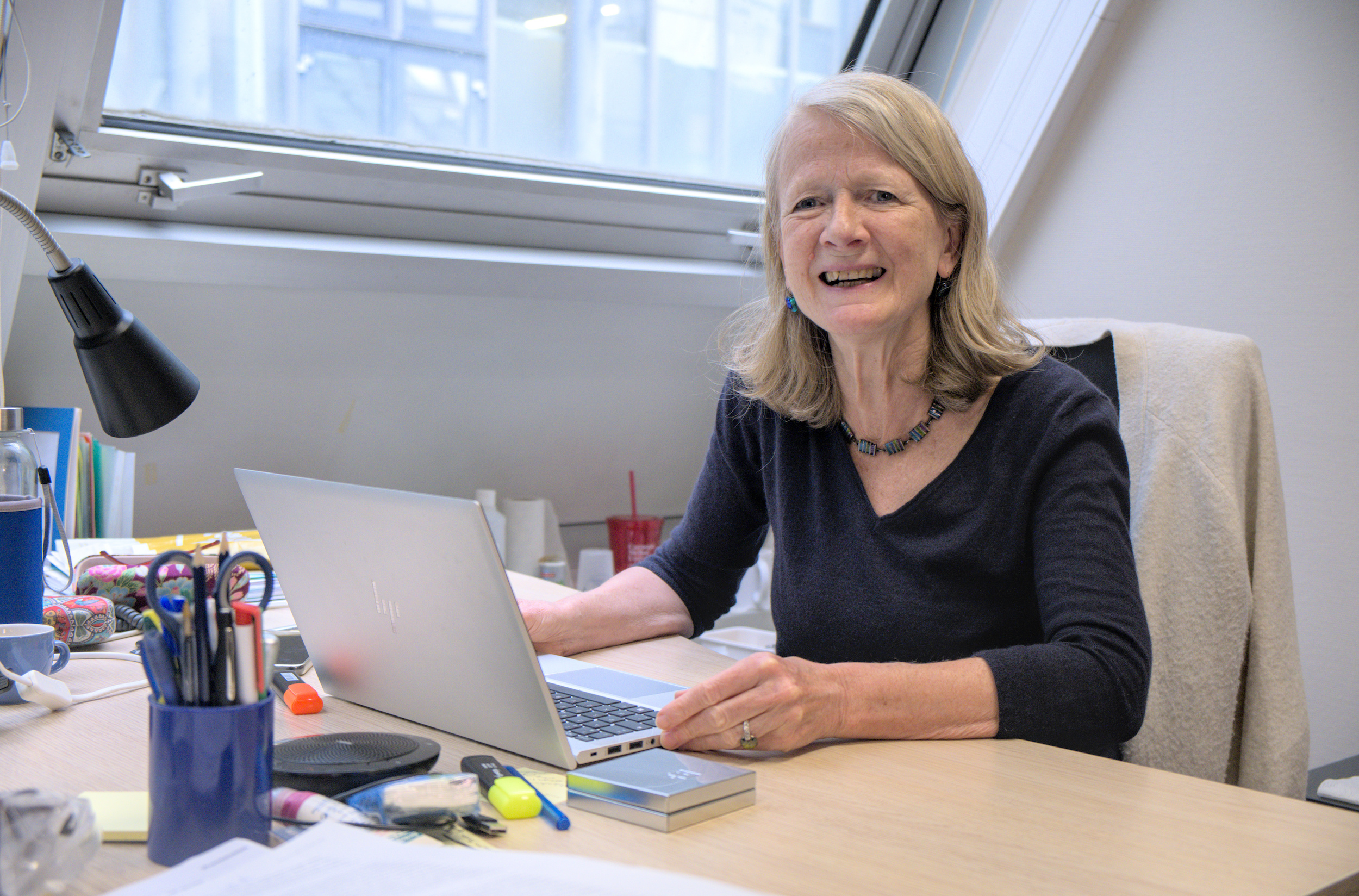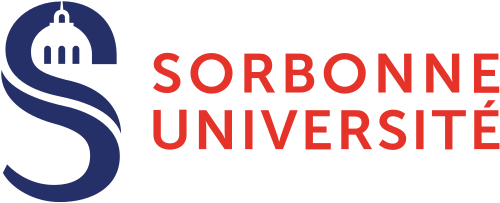Catherine Pelachaud’s research focuses on improving human-agent interactions by developing virtual agents capable of communicating more fluently and interactively. By exploring innovative approaches such as real-time adaptation and social touch, her work aims to make dialogues more personalized and engaging. Through international collaborations and projects like the Greta platform, she actively contributes to the advancement of human-machine interaction.
Modeling virtual agents for more natural and interactive interactions
Catherine Pelachaud, research director at CNRS within ISIR, stands out for her work on modeling human-agent interactions, particularly in the context of humanoid virtual characters capable of verbal and non-verbal communication. This research is based on three fundamental pillars: perception (understanding what the human says and how they say it), generation (producing multimodal behaviors of the agent), and interaction (managing turn-taking, adaptation, choosing conversational strategies, etc.).
Along with her collaborators, Catherine Pelachaud has developed innovative approaches to model communicative, emotional, and social behaviors that emerge during interactions. The originality of her approach lies in considering the richness and complexity of pragmatic, emotional, and dialogical functions. Her work also explores social touch, an innovative area in human-agent interaction: how to equip a virtual agent with the ability to touch its human interlocutor and be touched in return?
In recent years, her research has explored adaptation between interlocutors as an indicator of engagement and interpersonal relationships in an interaction. Instead of limiting herself to a single factor, often the imitation of a smile, she develops approaches that integrate various mechanisms such as lexical alignment, behavioral synchronization, and conversational strategies. Using reinforcement learning and deep learning models, her virtual agents adapt in real time to their interlocutors.
Her research is not centered on a single application but is integrated into various collaborative projects. All the work conducted is incorporated into Greta, a virtual agent platform, allowing other researchers and partners to benefit from these advancements. Greta is used in several European projects, thus fostering international scientific outreach.
An international career dedicated to research and knowledge sharing

Catherine Pelachaud completed her PhD at the University of Pennsylvania in Philadelphia, a choice perfectly aligned with her interest in human body animation. Her dissertation focused on modeling facial expressions for a talking head, long before conversational agents were widely discussed. After her PhD, she pursued postdoctoral research before moving to Italy, where she received a Marie Curie fellowship. After about ten years in Italy, she returned to France, securing a professorship before joining CNRS in 2008.
She currently leads several research projects in collaboration with different teams. Alongside Catherine Achard, she recently supervised two PhD theses on human-agent interaction—one on managing interruptions and the other on improving the interactive loop using recurrent neural networks. She is also exploring social touch in virtual reality with Malika Auvray and Indira Thouvenin as part of the ANR MATCH project. Other research efforts focus on developing generative models of multimodal behaviors with Laure Soulier and Nicolas Obin, as well as investigating the socio-emotional aspects of interaction with Laurence Chaby. In linguistics, she collaborates with Jonathan Ginzburg on analyzing the semantics and pragmatics of children’s laughter and co-supervises a new PhD thesis on the characterization and detection of conversational and social repairs with Chloé Clavel and Nicolas Rollet.
Passionate about research, she is deeply involved in mentoring PhD students and plays an active role in her scientific community. She helps organize conferences, serves on journal editorial boards, and shares her knowledge through interviews. In 2022, she co-edited a book compiling 28 chapters on interactive social agents and robots, published by ACM and freely distributed. This reference work is designed to help new researchers familiarize themselves with key issues in the field and deepen their own research.
She emphasizes that what excites her most about her work is interdisciplinary collaboration, which allows her to expand her horizons in terms of both topics and methodologies.
Institutional recognition with the Legion of Honor
In recognition of her 27 years of contributions to human-agent interaction research, Catherine Pelachaud was appointed Chevalier of the French National Order of the Legion of Honor by the Ministry of National Education, Higher Education, and Research.
Receiving this distinction was a surprise for the researcher, who admits feeling a particular emotion regarding this recognition. “It’s not like receiving recognition from my peers. The Legion of Honor is recognition from an institution. It’s a strange feeling not knowing who nominated me. But I am happy to have received it,” she confides.
True to her commitment to research and knowledge transmission, she shares a message with young female researchers: “Keep doing what you are passionate about!”—an invitation to persevere and fully engage in research, just as she has throughout her career, marked by a deep passion for scientific discovery.
Congratulations to Catherine Pelachaud on this well-deserved distinction, which crowns a career dedicated to understanding and improving human-agent interaction.
Scientific contact: Catherine Pelachaud, Research Director at CNRS
Published on 06/03/2025.



